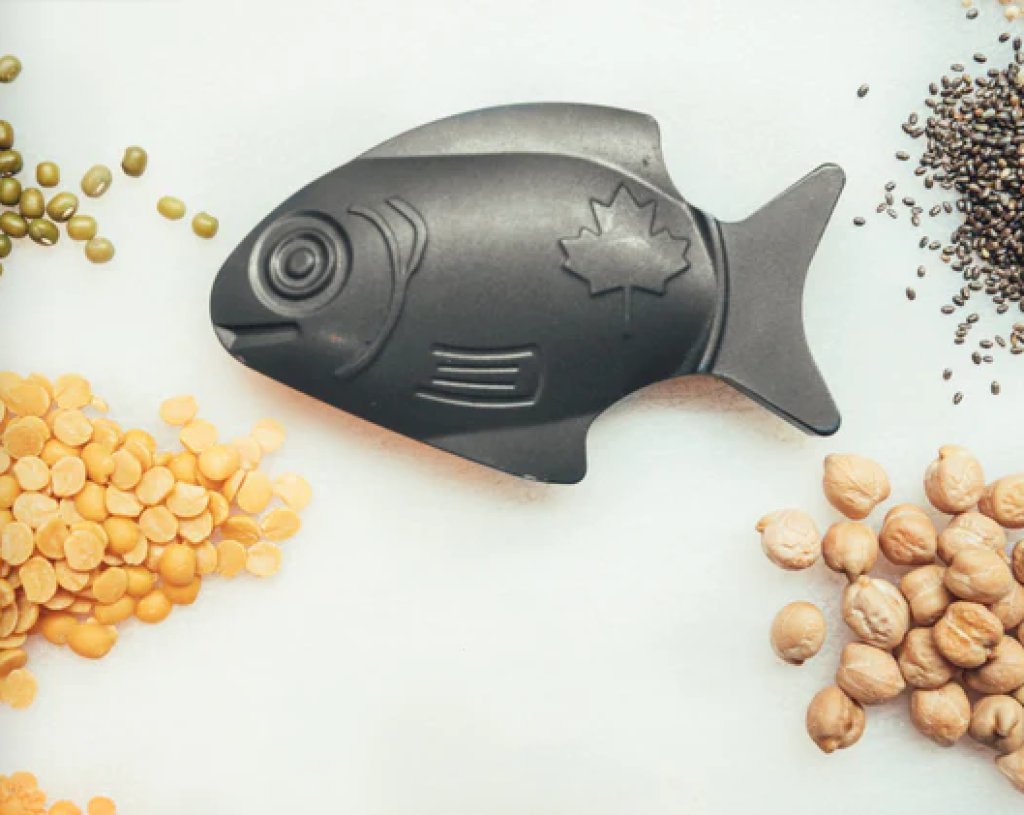

( 18)įinally, delaying bowel movements can lead to hard stools and increased strain on the muscles of the colon, which may lead to diverticular disease. If you don’t drink enough water, you can put yourself at greater risk of constipation. High-fiber diets need water to function properly.

( 17) Smoking and obesity have also been shown to be risk factors for developing the condition. Nonsteroidal anti-inflammatory drugs ( NSAIDs), such as aspirin, naproxen (Aleve), and ibuprofen (Advil) have been linked to increased instances of diverticulitis. Other than diet, there are several other ways you can maintain good digestive health and prevent diverticula from forming, including avoiding eating too much red meat, avoiding fatty foods, and drinking plenty of fluids. Soy milk, rice milk, or almond milk (1 cup).Nut butters (smooth), including peanut, soy, almond, and sunflower (2 tablespoons).( 15)įoods low in fiber (less than 2 g per serving) include: If your symptoms are mild to moderate, however, you will most likely be put on a low-fiber diet (consuming less than 15 g per day) until symptoms such as abdominal pain and diarrhea stop. A clear liquid diet may be the next step, where you can progress to water, broth, and apple juice. If the diverticulitis is causing severe symptoms or symptoms of infection like fever, the doctor may call for bowel rest (nothing by mouth) until the condition is under control.

For that reason, it is advised to wait until the inflammation is under control before eating fiber again. Here’s why it makes sense: Fibrous foods, while very good for you, are not soothing for an irritated digestive system.
Diverticulitis full liquid diet foods how to#
How to Tell the Difference Between IBS and IBD
Diverticulitis full liquid diet foods skin#

A lack of fiber can cause constipation, which makes stools harder and more difficult to pass, putting stress on the muscles of the colon.Īnd because diverticula typically form in areas where digestive muscles are strained or weakened, constipation may make the development of diverticula more likely.īecause constipation causes pressure to build up in the colon, it may also lead to inflammation or infection of diverticula that are already present in the colon, causing diverticulitis.įiber is your friend when it comes to good digestive health. It’s also notable that in Asian countries, most cases of diverticulitis are “right-sided” - that is, they involve the right side of the colon - as opposed to cases in Western countries, which are usually “left-sided.” Research indicates that left-sided diverticulitis causes more complications, which may be another reason diverticulitis is reported in greater numbers in the West.įiber, or plant material, serves an important role in the digestive process, softening stool and helping it move more smoothly through the colon. ( 2) And research suggests that people in Africa and Asia, where high-fiber diets are common, rarely suffer from diverticulitis. One study found that diverticulitis is seen in up to 50 percent of the population of Finland due to low fiber intake and an aging population. Why Is Fiber Important in Digestive Health?


 0 kommentar(er)
0 kommentar(er)
